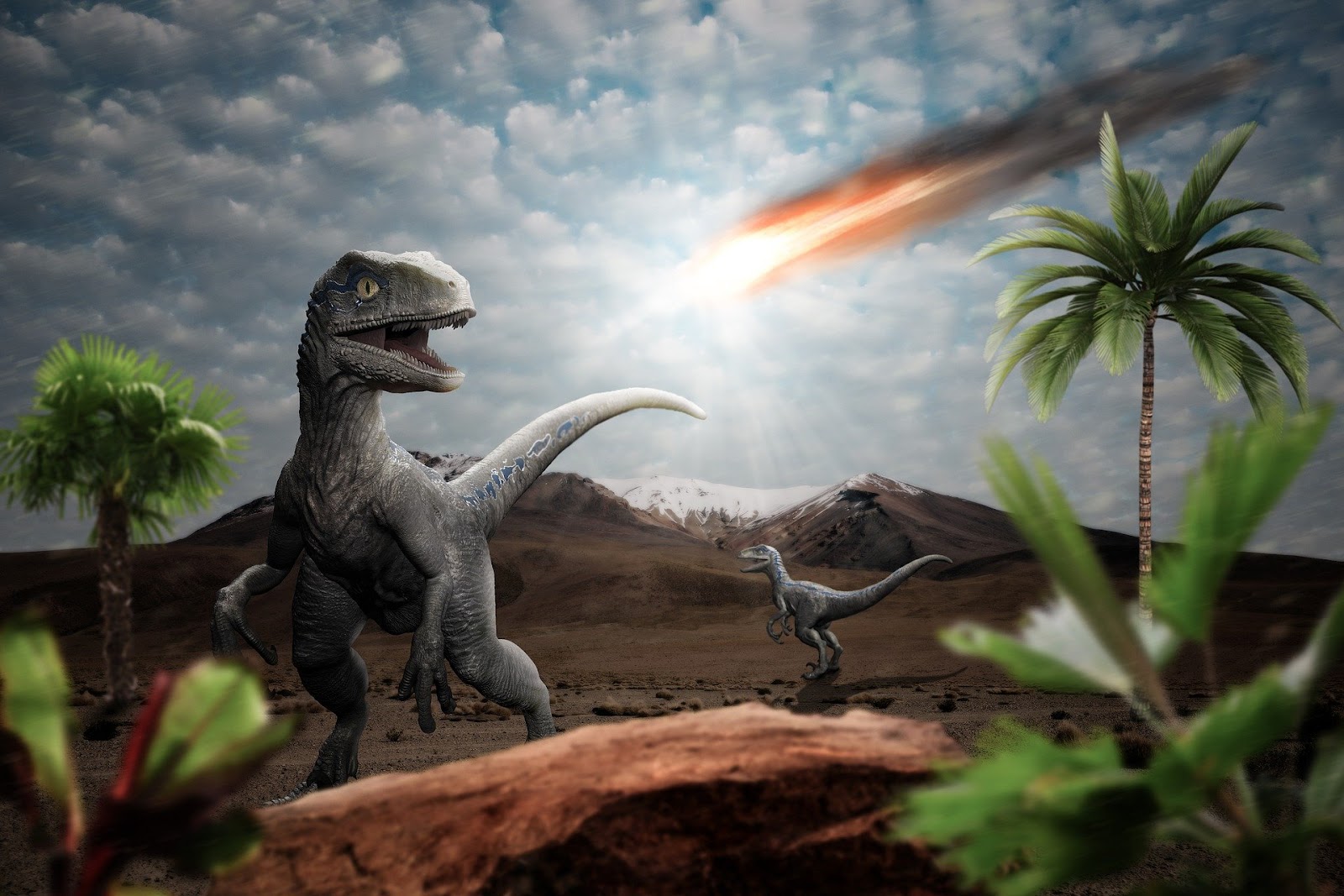what are the disadvantages of cloning
What Are The Disadvantages Of Cloning?
List of Disadvantages of Cloning- It comes with a degree of uncertainty as of yet. …
- It is expected to bring about new diseases. …
- It might lead to problems in organ rejection. …
- It decreases gene diversity. …
- In-Breeding. …
- It can lead to disruption of parenting and family life. …
- It can cause a further divide.
What is the main disadvantage to animal cloning?
The disadvantage of cloning animals is that prolonged use of this technology would create a genetic bottleneck. With all animals have nearly the same, if not identical, genetic makeup, the species would be at an increased risk of extinction because of the risks of inbreeding.
What are two advantages and disadvantages of cloning?
What Are the Advantages of Cloning?- Cloning doesn’t need to involve making a whole new person. …
- It removes the barrier of infertility. …
- It could extend human life capabilities. …
- Biological children could be born to same-gender couples. …
- It could restore balance to families. …
- The results on society would be unpredictable.
What are the disadvantages of cloning a plant?
Disadvantages- It is an expensive and labour intensive process.
- The process can fail due to microbial contamination.
- There is no genetic variation.
- All of the offspring are susceptible to the same diseases or other environmental factors.
What are pros and cons for human cloning?
Human Cloning Pros and Cons
Infertility: Infertile people or same-sex couples could have children made from cloned cells. Organ replacement: A clone, like in the movie, “The Island,” could be a source for transplant organs or tissue. (There are ethical issues that arise from this, however.)
See also how did a colonial woman get most of the things her family needed?What are some advantages and disadvantages of genetic engineering?
What Are the Advantages of Genetic Engineering?- It allows for a faster growth rate. …
- It can create an extended life. …
- Specific traits can be developed. …
- New products can be created. …
- Greater yields can be produced. …
- Risks to the local water supply are reduced. …
- It is a scientific practice that has been in place for millennia.
Why do most clones fail?
A new study by researchers from the U.S. and France of gene expression in developing clones now shows why most cloned embryos likely fail. … The majority of losses are due to embryonic death, a failure during the implantation process, or the development of a defective placenta.What are the disadvantages of reproductive cloning?
List of Cons of Reproductive Cloning- Reproductive cloning can increase the chance of medical malpractice. …
- Reproductive cloning creates a lack of diversity within the human population. …
- Reproductive cloning could speed up the aging process. …
- Reproductive cloning can put people’s lives in danger.
What are the risks of human cloning?
The ethical and moral concerns that surround cloning humansFinally, we cannot ignore the ethical and moral concerns that exist around the topic of human cloning. If the technology was legal, it could be abused and allow eugenic selections with enhancement in human traits.
What are the advantages and disadvantages of animal cloning?
List of the Advantages of Cloning Animals- Cloning animals would allow us to balance environmental habitats. …
- Cloning animals would create more security in the global food supply. …
- Cloning animals could advance scientific discoveries in other fields. …
- Cloning animals could help pet parents find greater comfort.
What would be a disadvantage of using clones as a food crop?
Some are rendered sterile, which means their seeds can’t be planted. If an entire cloned species of plants that can’t reproduce get infected, then the whole species will be wiped out. There will be no way of reproducing new ones because the seed will be implantable and the cellular material will be infected.
Which is a disadvantage of therapeutic cloning?
There is no guarantee how successful these therapies will be, for example the use of stem cells in replacing nerve cells lost in Parkinson’s disease patients. The current difficulty in finding suitable stem cell donors. The difficulty in obtaining and storing a patient’s embryonic stem cells.
What are advantages disadvantages of growing plants from cuttings compared to growing from seeds )?
With cuttings you have a faster start of your cultivation because it’s already a little plant. In comparison with seeds, cuttings therefore have a shorter growth period, which generally allows you to harvest quicker. In addition, you are sure that you have a female plant, which is important for the yield of your crop.
What are the ethical concerns about cloning?
Ethical issues specific to human cloning include: the safety and efficacy of the procedure, cloning for destructive embryonic stem cell research, the effects of reproductive cloning on the child/parent relationship, and the commodification of human life as a research product.
What is the disadvantages of genetic engineering?
GM crops could be harmful, for example toxins from the crops have been detected in some people’s blood. GM crops could cause allergic reactions in people. Pollen produced by the plants could be toxic and harm insects that transfer it between plants.
What are the disadvantages of genetic engineering to humans?
List of the Disadvantages of Human Genetic Engineering- It would change how we would need to approach population control. …
- There will always be ethical questions to consider. …
- It would create different societal classes around the world. …
- It would reduce the amount of genetic diversity in the world.
Is there any disadvantage of genetic engineering?
Genetic engineering could create changes in plants or animals that may cause unexpected allergic reactions in people. Inserting genes from an animal into a plant could create social or spiritual problems for some lifestyles. It is even possible that biotechnology could cause organisms to become toxic to humans.How much money does it take to clone a human?
Zavos believes estimates the cost of human cloning to be at least $50,000, hopefully dropping in price to the vicinity of $20,000 to $10,000, which is the approximate cost of in vitro fertilization (Kirby 2001), although there are other estimates that range from $200,000 to $2 million (Alexander 2001).
Can clones reproduce?
A clone produces offspring by sexual reproduction just like any other animal. A farmer or breeder can use natural mating or any other assisted reproductive technology, such as artificial insemination or in vitro fertilization to breed clones, just as they do for other farm animals.
How many clones have been successful?
In 2001 researchers at Advanced Cell Technology in Worcester, Massachusetts, United States, reported that 24 successfully cloned Holsteins had been monitored from birth to the age of four. All maintained healthy stats comparable to control cattle, and reached reproductive maturity at the proper stage.
How does cloning affect society?
Human cloning would allow individuals or couples with fertility problems to have biologically related children. … Human cloning could allow couples at risk of generating children with genetic disease to have healthy children.
Can cloning cause mutations?
The process of cloning introduces the genetic mutations, and there seems no immediate way around the problem, reported Rudolf Jaenisch and colleagues at MIT.
Who was the first person cloned?
Eve On Dec. 27, 2002, Brigitte Boisselier held a press conference in Florida, announcing the birth of the first human clone, called Eve. A year later, Boisselier, who directs a company set up by the Raelian religious sect, has offered no proof that the baby Eve exists, let alone that she is a clone.Can man be cloned?
The news that researchers have used cloning to make human embryos for the purpose of producing stem cells may have some people wondering if it would ever be possible to clone a person. Although it would be unethical, experts say it is likely biologically possible to clone a human being.
What are the advantages (+) and disadvantages (-) of animal cloning?
Advantages and disadvantages of cloning animals- Elite, high-value animals can be cloned in large numbers.
- Endangered animals can be cloned to preserve the species.
- You can produce spare stem cells.
- Pets can be cloned.
- GM animals can be quickly reproduced.
- Animals can be cloned for xenotransplantation.
What are the advantages of cloning plants?
There are multiple benefits to cloning plants:- When you clone a plant, you are improving the odds that the plant will produce the same amount each harvest. …
- Clones are predictable. …
- Cloned plants reproduce faster. …
- You don’t have to worry about having dud seeds. …
- You can reproduce pest resistance.
What is the impact of plant cloning?
The cloning of plants has many important commercial implications. It allows a variety of a plant with desirable characteristics to be produced cheaply, quickly and on a large scale. Cloning often follows genetic engineering . It allows many copies of the new organism to be produced.
Is a cutting a clone?
A clone is a cutting, such as a branch, that is cut off of a living marijuana plant, which will then grow into a plant itself. A clone has the same genetic makeup as the plant it was taken from, which is called the mother plant.What are the pros and cons of using stem cells for therapeutic cloning?
List of Therapeutic Cloning Pros- It has the potential to create organs. …
- Tissue rejection is no longer a threat. …
- It may help to treat genetic diseases. …
- Donor items would no longer be necessary. …
- It could lead to organ regeneration. …
- It can act as a preventative treatment.
What are 2 major risks involved in therapeutic cloning?
However, major practical problems include the limited availability of human oocytes for reprogramming of the donor cells, the low efficiency of somatic nuclear transfer, the difficulty of inserting genetic modifications, the increased risk of oncogenic transformation, and the epigenetic instability of embryos and cells …
Why is human cloning unethical?
Human reproductive cloning remains universally condemned, primarily for the psychological, social, and physiological risks associated with cloning. … Because the risks associated with reproductive cloning in humans introduce a very high likelihood of loss of life, the process is considered unethical.
What are the 5 disadvantages of propagation by seed?
Advantages of Seed Propagation- Most effective natural method of propagation in many plants.
- Seed propagation increases genetic variation forming hybrids with superior qualities.
- Seed is the most important means of developing new cultivars.
- Effective for producing virus free plants.
What do you think are the advantages and disadvantages of cuttings?
You will get greater uniformity (clones) of your plants. The plant will reach maturity at an earlier age. Disadvantages of propagating stem cuttings are: You will get a lack of genetic diversity and you may potentially increase Insect and Disease weakness in the new plant.
What are the disadvantages of propagation by seed?
Disadvantages of Propagating From Seed:
Plants propagated from seed risk not being true to type (flowers, growth habit etc. won’t be the same as the mother plant) due to cross pollination. In some cases Sexual propagation can be slower than asexual. Some plants produce non-viable seeds.





